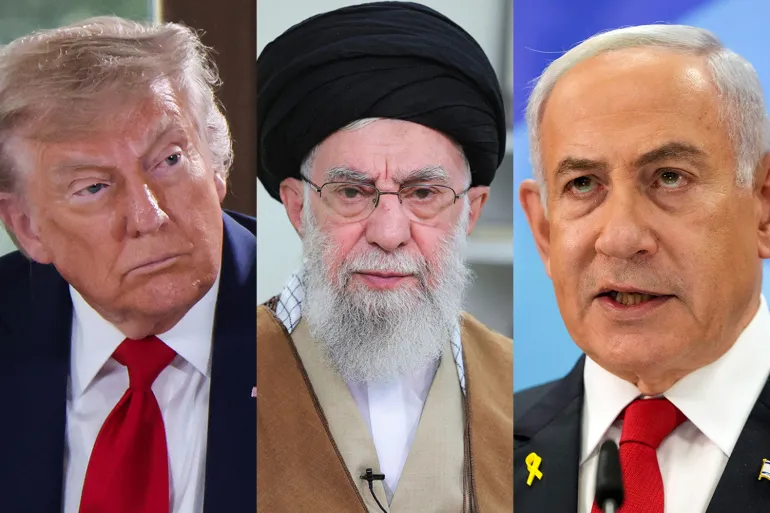Iran broke a US-brokered ceasefire with a fresh missile strike on Israel just over two hours after the agreement took effect on Tuesday, June 24, reigniting fears of prolonged conflict in the Middle East. The missiles were intercepted, but the breach prompted swift orders from Israel’s defense leadership for a major retaliatory offensive targeting Iran’s regime infrastructure in Tehran.
The ceasefire deal, proposed by US President Donald Trump, had marked a brief halt to a 12-day war between the two regional rivals that saw casualties on both sides and widespread destruction. Iran had earlier launched a limited missile attack on a US military base in Qatar, prompting urgent American diplomatic efforts to defuse the escalating crisis.
Despite agreeing to the terms of the ceasefire, Tehran had hours earlier fired a deadly barrage of missiles at Israel, killing four civilians and injuring at least 20 others, according to Israeli emergency services. The attack, which struck residential buildings in Beersheba, caused extensive damage and prompted an urgent search for more victims trapped beneath the rubble.
In response, Israeli Prime Minister Benjamin Netanyahu told the nation that Israel had achieved its strategic objectives in the 12-day operation, claiming success in dismantling parts of Iran’s nuclear and ballistic missile programs. He also said Israeli air raids had degraded Iran’s military command and damaged key government facilities, asserting that Israel had gained aerial dominance over Tehran.
Netanyahu confirmed that Israel had entered into the ceasefire in direct coordination with President Trump, citing completed mission goals as justification. However, he issued a stern warning that any breach of the truce would trigger an immediate and powerful military reaction.
Following Iran’s post-ceasefire missile launch, Israeli Defense Minister Israel Katz announced that he had instructed the Israel Defense Forces (IDF) to retaliate with “intense strikes against regime targets in the heart of Tehran.” Though Israel confirmed it intercepted the two missiles, officials emphasized that the violation of the agreement would not go unanswered.
President Trump, whose administration has pushed aggressively for regional stability, expressed disappointment at the breach, saying he had hoped the ceasefire would mark a permanent end to hostilities. “I don’t believe they will ever be shooting at each other again,” Trump had said shortly before the truce was broken.
The renewed escalation threatens to undo delicate diplomatic progress and further destabilize a region already reeling from weeks of missile fire, airstrikes, and geopolitical uncertainty. The brief respite offered by the ceasefire now appears to have been a fragile illusion in a war defined by deep hostilities and unpredictable flashpoints.
As of now, Israeli forces remain on high alert, with additional military responses expected if further provocations occur. The international community continues to monitor the unfolding situation with growing concern over a wider regional conflagration.

